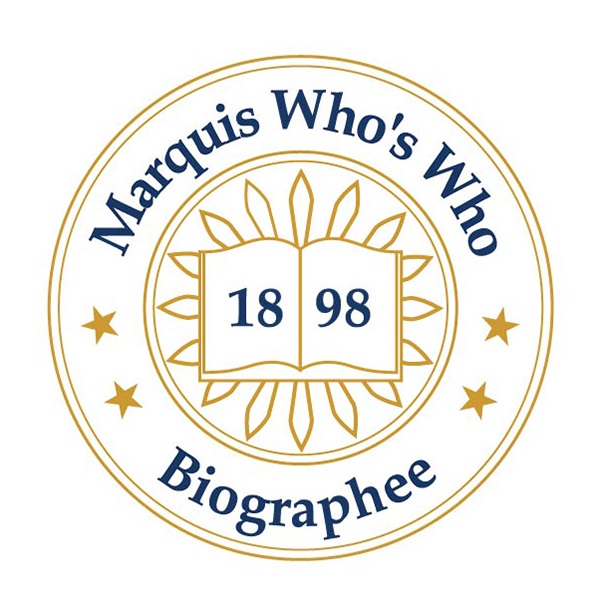The use of tisagenlecleucel (Kymriah) in children younger than 3 years of age with relapsed or refractory B-cell acute lymphoblastic leukemia (ALL) was as effective, and safe, in a retrospective cohort study as it was previously seen to be for older children in the ELIANA trial.
In an analysis of 38 patients – most of whom had infant ALL – overall survival at 6 and 12 months after infusion with the chimeric antigen receptor (CAR) T-cell therapy was 88% and 84%, respectively, while event-free survival was 75% and 69% at those time points, reported André Baruchel, MD, of Hôpital Universitaire Robert Debré and Université Paris, and colleagues.
Of those patients who received an infusion of tisagenlecleucel, 14% developed severe cytokine release syndrome (grade 3 or worse), while neurotoxicity or immune effector cell-associated neurotoxicity syndrome was observed in 26% of patients, none of which were severe.
“Our findings are encouraging with respect to the historical outcomes of infant acute lymphoblastic leukemia following HSCT [hematopoietic stem-cell transplantation] and, if confirmed with longer follow-up, they support the development of prospective studies to compare the efficacy of tisagenlecleucel against HSCT earlier in the course of therapy in this population,” Baruchel and his colleagues wrote in The Lancet Haematology.
In the ELIANA trial, event-free survival and overall survival were 73% and 90%, respectively, at 6 months and 50% and 76% at 12 months in a cohort of children ages 3 to 25 years.
In a commentary accompanying the study, Haneen Shalabi, MD, and Nirali N. Shah, MD, both of the National Cancer Institute in Bethesda, Maryland, noted that its results, “emerging from the largest study of our knowledge to date in infants and very young children receiving tisagenlecleucel, serve to fill a key gap — particularly because the global registration trial (ELIANA) excluded children aged younger than 3 years.”
Of the 38 patients in Baruchel’s study, CAR T cells were manufactured for 36. Thirty-five patients were infused with tisagenlecleucel and were evaluated for toxicity and disease-related outcomes.
Among the 28 patients who received an infusion and in whom response could be assessed, 24 (86%) had a complete response with or without hematological recovery. Seven patients who received an infusion had an ongoing response after bridging therapy. All of these patients remained measurable residual disease-negative 30 days after the infusion. The four patients who did not have a response died within 3 months of infusion.
For purposes of this study, Baruchel and his colleagues used ELIANA’s definition of event-free survival (the time from infusion to the earliest of the following events: no response, relapse before response was maintained for at least 28 days, or relapse after having complete remission or complete remission with incomplete hematologic recovery).
In an additional analysis using a stringent event-free survival metric (which added measurable residual disease emergence or receipt of further anti-leukemia therapy, including allogeneic HSCT), the rate at 6 months was 63% and at 12 months was 41%.
In their commentary, Shalabi and Shah observed that use of this metric demonstrated that while CAR T cells provide a substantial benefit to this patient group, “there remains an opportunity to further optimise this therapeutic approach.”
Regarding safety, cytokine release syndrome of any grade occurred in 60% of patients who received a tisagenlecleucel infusion. The median duration of cytokine release syndrome was 1.5 days (compared with 8 days in ELIANA).
Prolonged cytopenia (after day 30) was observed in 15 of 23 patients with evaluable data, and this was severe (grade 3 or worse) in 12. Infections were recorded in 10 of 34 patients, nine of which were grade 3 or worse. Infections included bacteremia in seven patients, abdominal infections in two patients, and bacterial meningitis in a single patient. There were two cases of febrile neutropenia. There were no deaths due to toxicity, only deaths due to progressive or relapsed disease.
This study took place at 15 hospitals across 10 countries in Europe. Eligible patients were children younger than 3 years at screening between Sept. 1, 2018 and Sept. 1, 2021. Each received a single IV infusion of tisagenlecleucel.
The median age at diagnosis in the full cohort was 5.2 months and at tisagenlecleucel infusion was 17.0 months. Twenty-five of 38 patients had relapsed after previous allogeneic HSCT, and the median number of lines of previous non-HSCT therapy was two. The majority of patients had received previous immunotherapy. Median follow-up was 14 months.
![author['full_name']](data:image/png;base64,R0lGODlhAQABAAD/ACwAAAAAAQABAAACADs=)
Mike Bassett is a staff writer focusing on oncology and hematology. He is based in Massachusetts.
Disclosures
Baruchel reported personal fees from Novartis, and honoraria from Novartis, during the conduct of the study.
Co-authors reported relationships with industry.
The editorialists had no disclosures.
Note: This article have been indexed to our site. We do not claim legitimacy, ownership or copyright of any of the content above. To see the article at original source Click Here



![author['full_name']](https://clf1.medpagetoday.com/media/images/author/MikeBassett_188.jpg)





